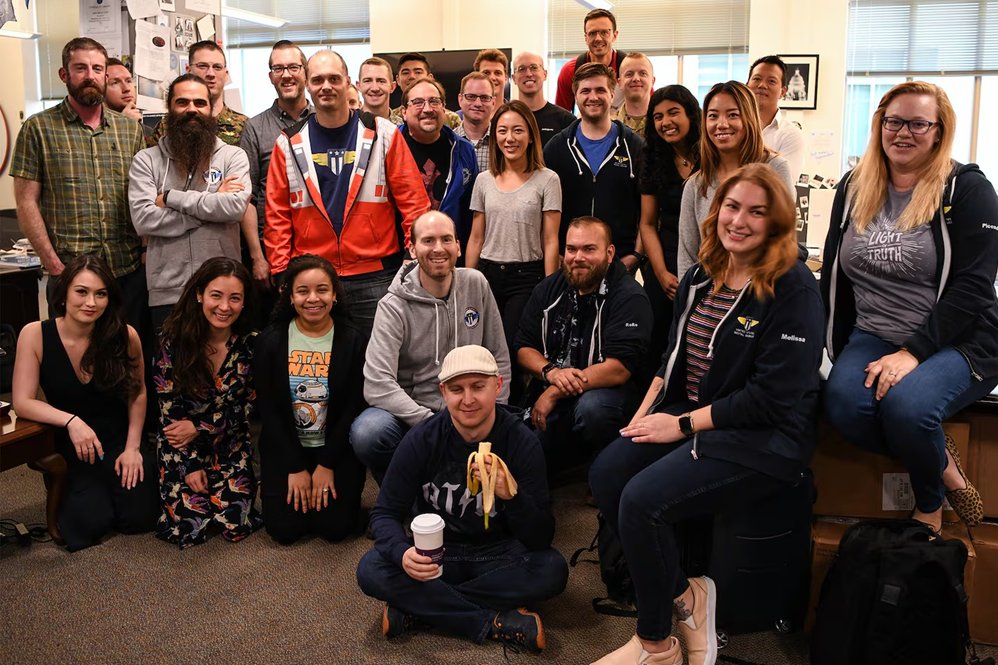Elon Musk is no stranger to controversy or innovation. From revolutionizing electric vehicles with Tesla to pushing the boundaries of space exploration with SpaceX, he has often been at the center of technological disruption. However, his increasing involvement in U.S. defense policy has sparked concern within the Pentagon, a traditionally guarded institution. While some see Musk’s ideas as the future of modern warfare, others within the military establishment view his influence as a threat to the chain of command and national security protocols. As the lines between private innovation and public defense blur, a power struggle is brewing that could redefine the way the United States approaches global conflict and military technology.
**Pentagon-Musk Dynamics: A Tension Years in the Making**
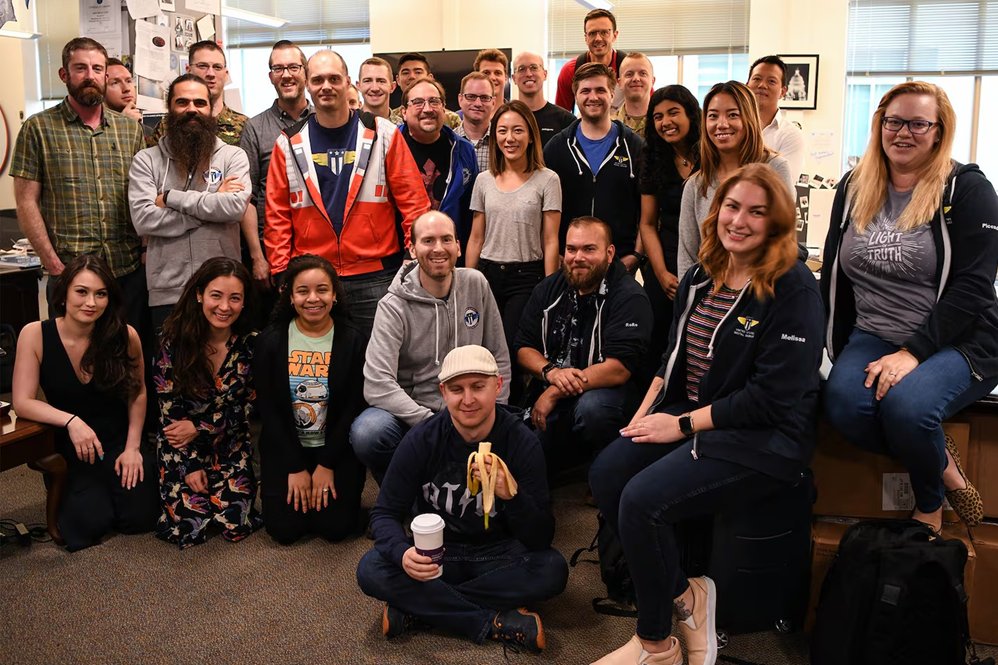
Elon Musk’s relationship with the U.S. military isn’t new. SpaceX has long had contracts with NASA and the Department of Defense (DoD), successfully launching satellites for both civilian and military purposes. But what was once a functional partnership rooted in clear boundaries is now evolving into something far more complicated. Defense insiders claim that Musk is no longer just a contractor—he’s becoming an influencer in key military decisions.
This shift became especially apparent during the Ukraine-Russia conflict, where Starlink, Musk’s satellite internet system, played a critical role in keeping Ukrainian forces connected. While initially hailed as a game-changer, Musk’s subsequent decision to limit Starlink access to avoid escalation with Russia drew criticism. Pentagon officials were reportedly frustrated by the fact that a private citizen could, at will, restrict military capabilities in an active war zone. That moment raised a red flag about how much power and discretion Musk truly holds in matters of war and peace.
**The Starlink Incident: Catalyst for Growing Suspicion**
The Starlink controversy served as a catalyst for the Pentagon’s growing unease. While the Defense Department appreciated Starlink’s ability to provide high-speed, low-latency internet in remote or war-torn areas, the realization that Musk could control—or even deny—access at critical moments was alarming.
Insiders describe a Pentagon caught off guard. One official anonymously noted, “It’s a problem when your entire communication strategy in a war zone can be vetoed by one man sitting in Texas or California.” This sentiment has echoed through several branches of the military, prompting debates over whether the U.S. should develop its own redundant systems to reduce reliance on privately-owned infrastructure.
**Musk’s Political Entanglements Raise Further Questions**
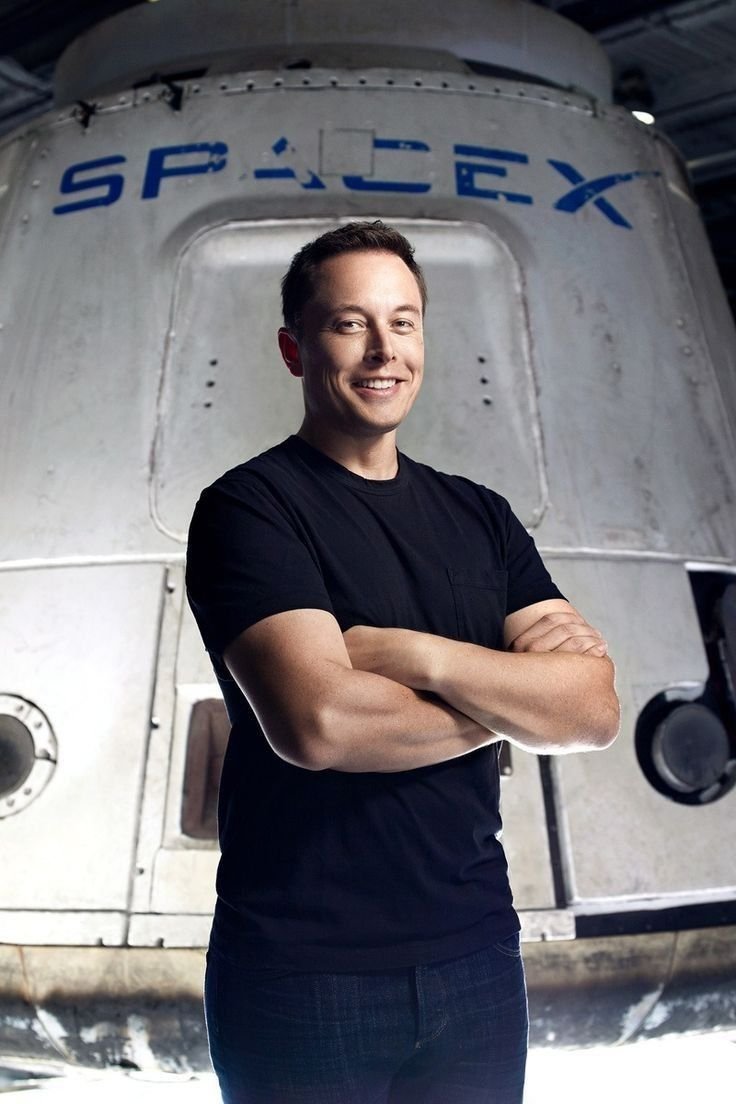
What adds to the Pentagon’s concern is Musk’s increasingly vocal political commentary. He has not shied away from weighing in on foreign policy, often through Twitter—now X, which he owns. His posts on China, Taiwan, Ukraine, and NATO are frequently scrutinized by military analysts and government officials alike.
In an age where information is power, Musk’s dual role as both a tech mogul and a media influencer creates ambiguity. While the Pentagon respects his technological capabilities, it is wary of the unpredictability that comes with his personal opinions, particularly when those opinions reach millions in real time.
Military policy typically relies on measured diplomacy and carefully vetted communication. Musk’s unfiltered comments run counter to that ethos. His statements, whether intentionally provocative or not, can have geopolitical implications, further fueling the belief within defense circles that he operates without sufficient accountability.
**Chain of Command vs. Private Influence: A New Battlefield**
The Department of Defense functions on strict adherence to the chain of command. Decisions on warfare, logistics, intelligence, and operations follow a rigorous protocol. Elon Musk’s growing influence, however, doesn’t fit neatly into this structure.
By holding the keys to critical infrastructure—like satellites, rockets, and potentially artificial intelligence—Musk’s companies have become indispensable. That leverage gives him a unique ability to bypass traditional bureaucracies, and in some cases, even military decision-makers.
This evolving reality has sparked internal debates about the role of private entities in national defense. Some officials advocate for tighter regulation and contractual safeguards that prevent unilateral decision-making. Others warn that doing so could stifle innovation and slow progress in an era where adversaries like China are aggressively advancing their own military technologies.
**SpaceX, Starshield, and the Future of Military Partnerships**
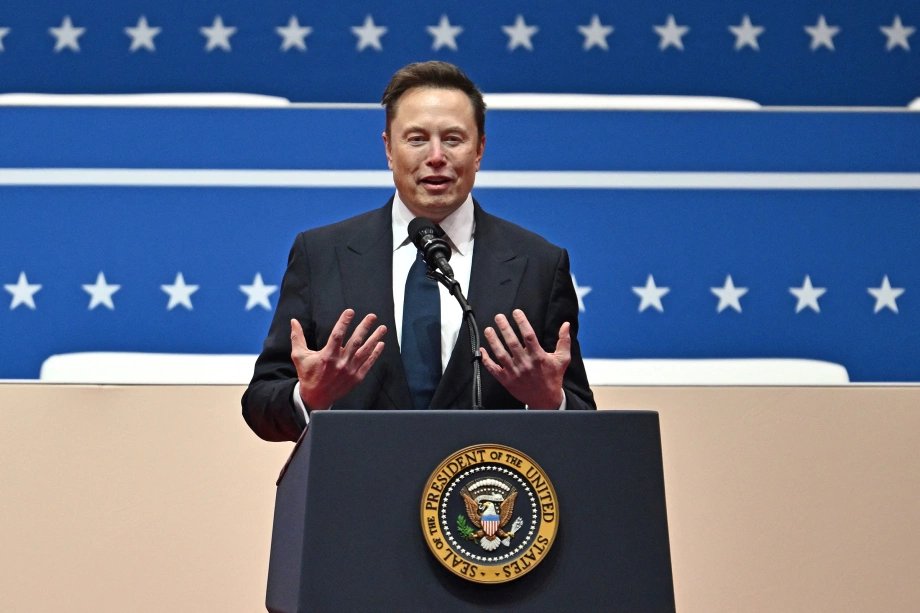
SpaceX’s defense subsidiary, Starshield, represents a new chapter in Musk’s military involvement. Unlike Starlink, which serves both civilian and military users, Starshield is designed exclusively for government use. It promises encrypted communications, Earth observation capabilities, and support for classified missions.
While the initiative was welcomed initially, it has intensified concerns over dependency on a single supplier. Pentagon procurement officers are now under pressure to diversify vendors and invest in public alternatives to ensure that national security doesn’t hinge on Musk’s whims.
Yet, it’s hard to ignore the advantages Musk brings to the table. SpaceX offers rapid turnaround times, lower costs, and technological superiority compared to traditional contractors like Boeing or Lockheed Martin. That edge has made it difficult for military planners to sideline Musk’s influence, even if they are uneasy about it.
**Artificial Intelligence and Autonomous Warfare: Musk’s Next Frontier**
Beyond satellites and rockets, Elon Musk has his sights set on artificial intelligence (AI) and autonomous warfare systems. His companies, including Tesla and xAI, are already investing heavily in machine learning and robotics. The potential applications in defense are vast—from drone swarms and autonomous tanks to predictive threat analysis.
However, Musk’s mixed messaging on AI adds another layer of complexity. He has frequently warned about the dangers of unregulated AI, even calling it “the biggest existential threat to humanity.” Yet at the same time, he is actively developing advanced AI models, some of which could easily transition into military applications.
The Pentagon, which is still grappling with ethical frameworks around AI, now faces the challenge of working with a partner who operates both as a visionary and a cautionary tale. Some insiders worry that Musk’s pursuit of innovation could outpace the government’s ability to regulate it effectively.
**Lawmakers Enter the Fray: Calls for Oversight and Regulation**
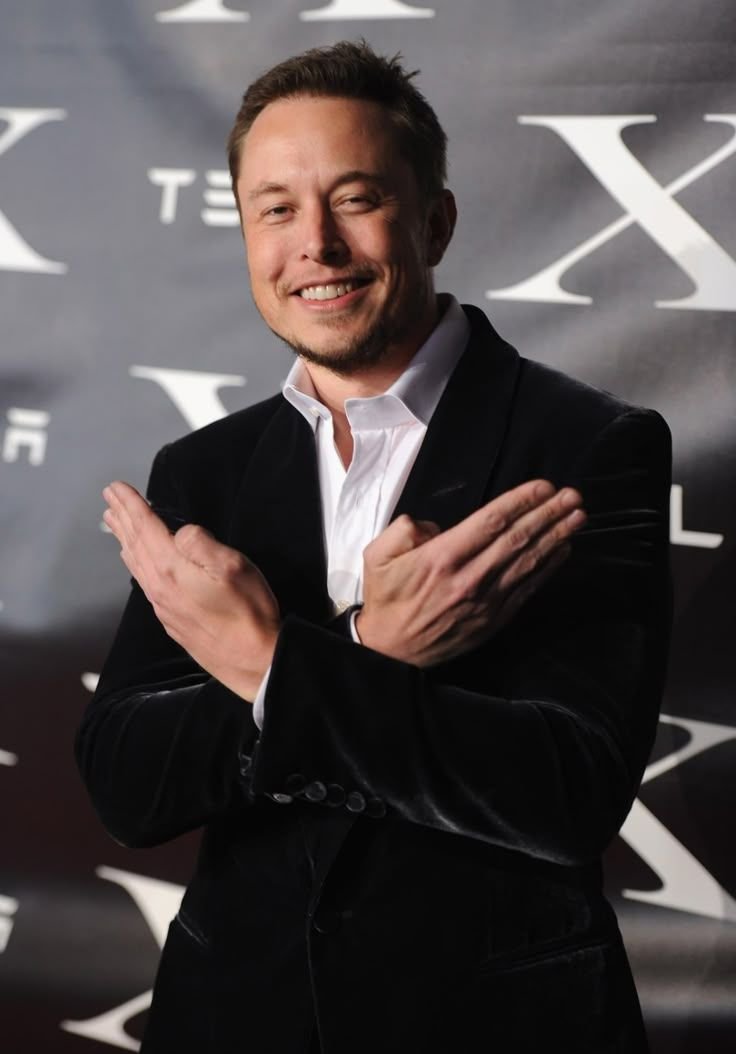
In response to mounting concerns, some members of Congress have started calling for greater oversight into Musk’s defense-related activities. Proposals include mandatory transparency in military-tech contracts, limits on unilateral operational control, and the establishment of emergency override clauses in systems like Starlink.
Senator Elizabeth Warren has been particularly vocal, suggesting that no private citizen should be allowed to make life-or-death decisions in war zones without government oversight. “It’s not just about technology,” she said. “It’s about democratic accountability.”
These proposals have sparked pushback from free-market advocates who argue that innovation thrives when the private sector is unshackled. But as the stakes grow higher, the debate over Musk’s role is moving beyond ideology into the realm of urgent national interest.
**Allies and Adversaries: Global Implications of Musk’s Defense Role**
The international community is also watching closely. Allies like NATO and the European Union have expressed interest in partnering with SpaceX and Starlink, but some are wary of Musk’s unpredictability. Conversely, adversaries like Russia and China view Musk’s growing influence as a challenge to their own space and cyber ambitions.
There are concerns that Musk’s alignment with U.S. defense could make his global assets a target. Already, Russian media has portrayed Starlink as a “tool of American imperialism,” and Chinese military analysts have discussed strategies for neutralizing such systems in a conflict scenario.
This geopolitical dimension further complicates the Pentagon’s relationship with Musk. While his technologies offer unparalleled advantages, they also carry the risk of escalation and retaliation in a future global conflict.
**The Way Forward: Finding a Balance Between Innovation and Security**
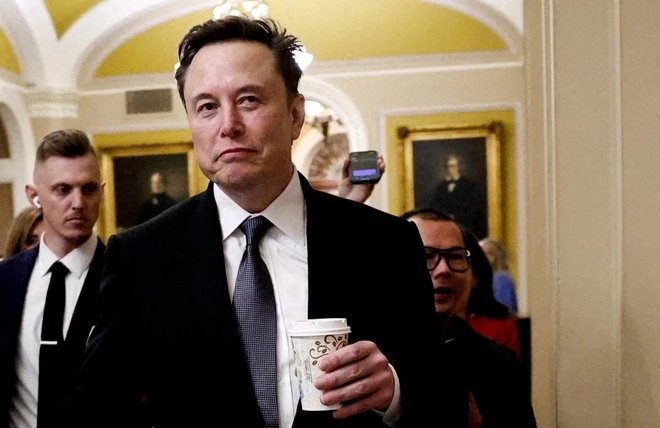
As the Pentagon navigates this complex relationship, one thing is clear: Elon Musk is here to stay. His companies are deeply embedded in the U.S. defense apparatus, and his influence will only grow with time. The challenge now is to build systems and policies that harness his innovation without compromising national security or democratic principles.
There are potential solutions on the table—creating joint command structures with civilian liaisons, establishing clearer contractual guidelines, and investing in government-led innovation to reduce dependency. But all of these require political will, institutional reform, and a nuanced understanding of the modern tech ecosystem.
Ultimately, the discontent within the Pentagon isn’t just about Musk—it’s about a paradigm shift. The future of warfare is being shaped not only in military bases and government labs but also in the private offices of tech entrepreneurs. Managing that future requires both caution and courage.
**Conclusion: A Disruptor in a Fortress**
Elon Musk’s presence in U.S. defense policy is more than a passing headline—it’s a transformative force. As a disruptor in a centuries-old fortress of command and control, he represents both the promise and peril of a new era. For the Pentagon, the task ahead is not to shut Musk out, but to create a framework where innovation and accountability can coexist.
How the U.S. navigates this delicate relationship may well determine its military edge in the 21st century. Will the fusion of Silicon Valley ingenuity and Washington discipline produce a stronger, smarter defense? Or will it unleash a wave of unintended consequences? Only time—and perhaps Elon Musk himself—will tell.
